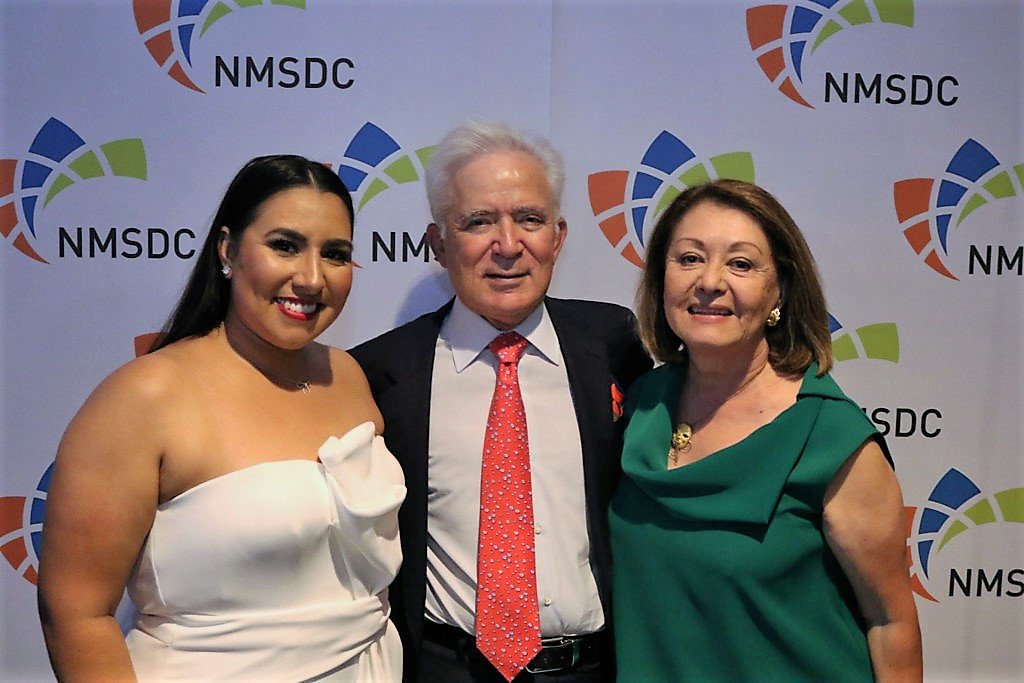 What does the phrase “family owned business” mean to you? For us at ATR, it means a lot. As the Chief Strategy Officer of this organization, I’ve experienced firsthand what it’s like to grow up in a family business. Along the way I’ve learned what separates us from others, how to evolve, and why it’s necessary to maintain a legacy. Here’s a look behind the scenes.
What does the phrase “family owned business” mean to you? For us at ATR, it means a lot. As the Chief Strategy Officer of this organization, I’ve experienced firsthand what it’s like to grow up in a family business. Along the way I’ve learned what separates us from others, how to evolve, and why it’s necessary to maintain a legacy. Here’s a look behind the scenes.
How a Family Owned Business Is Different
ATR was founded in 1988 by my parents, Jerry and Maria, who had a deep vision for how a staffing firm should operate. That in itself illustrates a chief reason why family owned businesses are different: they tend to have very long-term views of the company, opening up perspectives that ultimately create stronger strategies and environments. There is a respect for the past while looking far ahead.
Of course, there is no future without a comfortable environment and strong culture. At ATR, we don’t treat people like commodities. It’s important to foster real relationships, consistent communication, and access to upper management. In a family owned business like ours, it’s never a surprise to see Jerry on the floor, chatting with anyone and everyone on a number of topics. This is a key differentiator of a family owned business that keeps it from feeling like cold, industrial, or impersonal corporate environments. Another example is candy manufacturer Mars, currently in its fourth generation of family leadership. They pride themselves on accessible upper management who encourage dialogue and idea sharing.
Such an environment in a family owned business has many advantages. Lay offs are less common, and retention numbers are high. Inclusiveness means better than average gender parity, with 31.3% of family businesses indicating their next successor is female, while 60% have women in top management positions. Likewise, a familial environment means caring for one another. That extends into the local community, something ATR champions through our Volunteering Time Off program.
Unrivaled Training Experience
While a business can have a great culture and comfortable, all-inclusive environment, it can still fail. There are no substitutes for business acumen. That is why family owned businesses often last for many generations. Children and young adults, at pivotal and impressionable ages, are exposed to business operations. Many visit their parents at work or are very perceptive at the dinner table while their father or mother discusses the company. This equates to an unrivaled form of internship, priming them to hit the ground running when they come of age. Personally, I spent a great deal of time at ATR while growing up, and the business lessons I learned at a young age are still with me today.
Those experiences also shape the way I answer a common question from fellow executives of other family owned businesses. Often, I’m asked “How can I include my own family in my business?” Firstly, I urge anyone asking that question to dig into their true motivations. Ideally, they’ve been thinking about carrying on the legacy of their organization for generations. When that’s the case, it’s all about exposing a relative to the business while having them work their way up, learning the ropes and proving themselves. It’s not something that happens overnight, but over time this strategy can drive a company forward with consistency.
Carrying on a Legacy While Evolving
The idea of consistency and carrying on a legacy is a driving force behind many family owned businesses, but it’s also important to realize a stagnant business refusing to evolve or innovate doesn’t last. It’s not an easy balance but respecting the roots of the business while still growing and moving forward into new generations is important for true longevity.
Only 30% of family owned businesses make it to the second generation. While some businesses fail prior to that point due to other business threats, a large reason for that statistic is because of an inability to evolve or a new leader who is unprepared for the position. After all, 81% of family owned businesses have not performed succession planning, a concerning figure that contributes to a shaky changeover and possible business collapse. At ATR we recognize that danger and are preparing for success for generations to come.
What It Takes to Run the Next Generation of a Family Owned Business
It’s no coincidence some of the biggest names in business are family owned: Nike, Samsung, Oracle, and Anheuser-Busch are just a few examples. With peers such as these, we’re proud of our roots and the direction ATR is taking for the future. Because of a commitment to people, respect for the last thirty years, and evolving strategy, I’m excited to see the new heights ATR will reach in the next three decades.
Whether you’re looking for skilled talent or a new job, ATR is the family business for you. Reach out to us to get started.
Related Articles
Why We Offer Volunteering Time Off and How it Impacts Our Community
Growing Confidence: How Female Professionals Succeed in 2018
